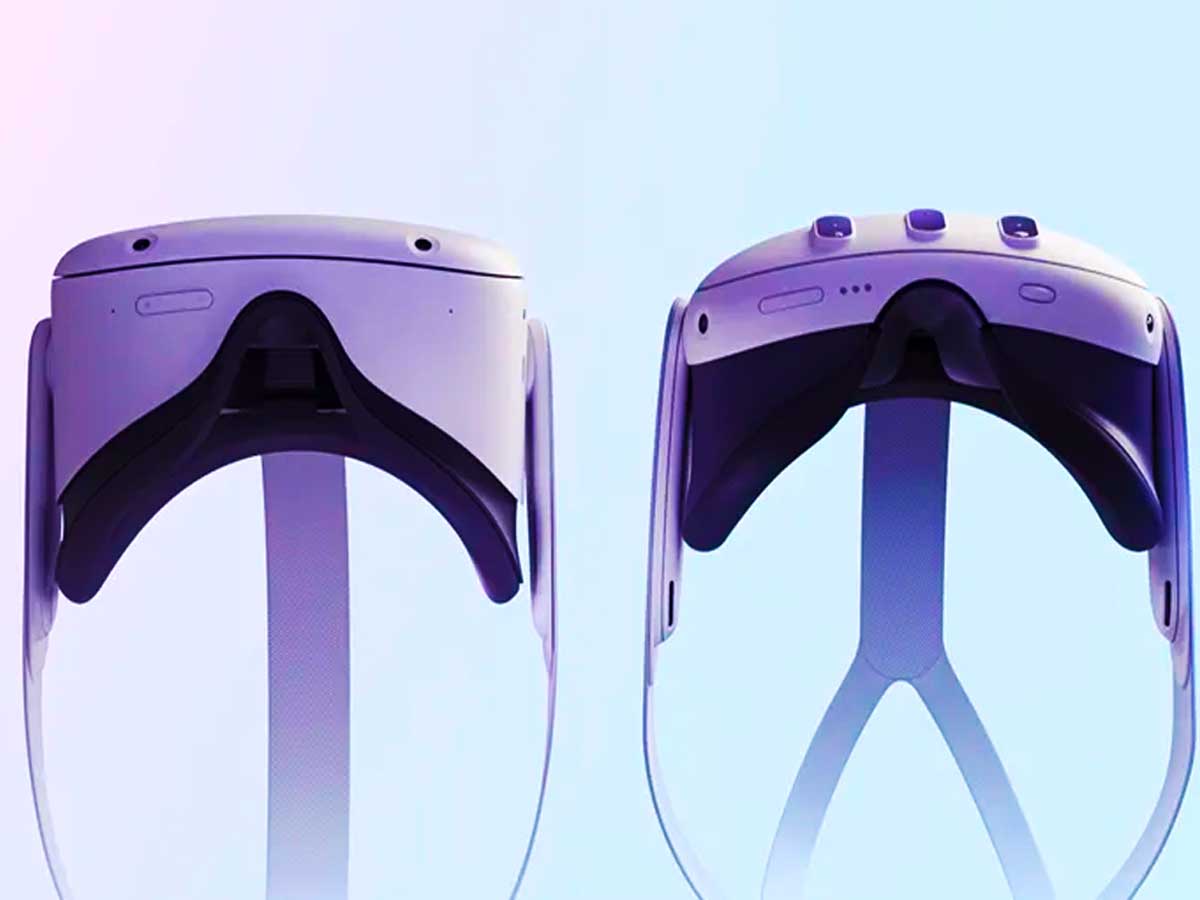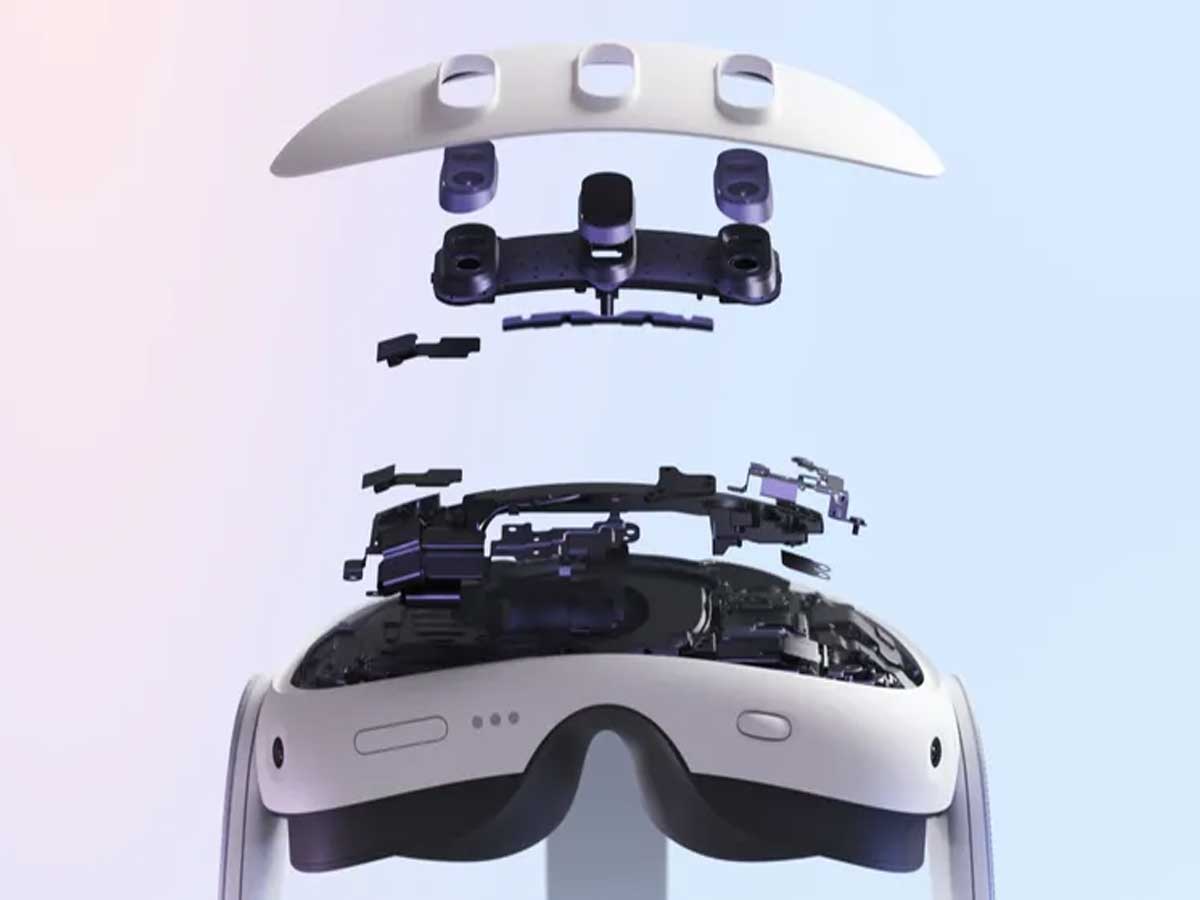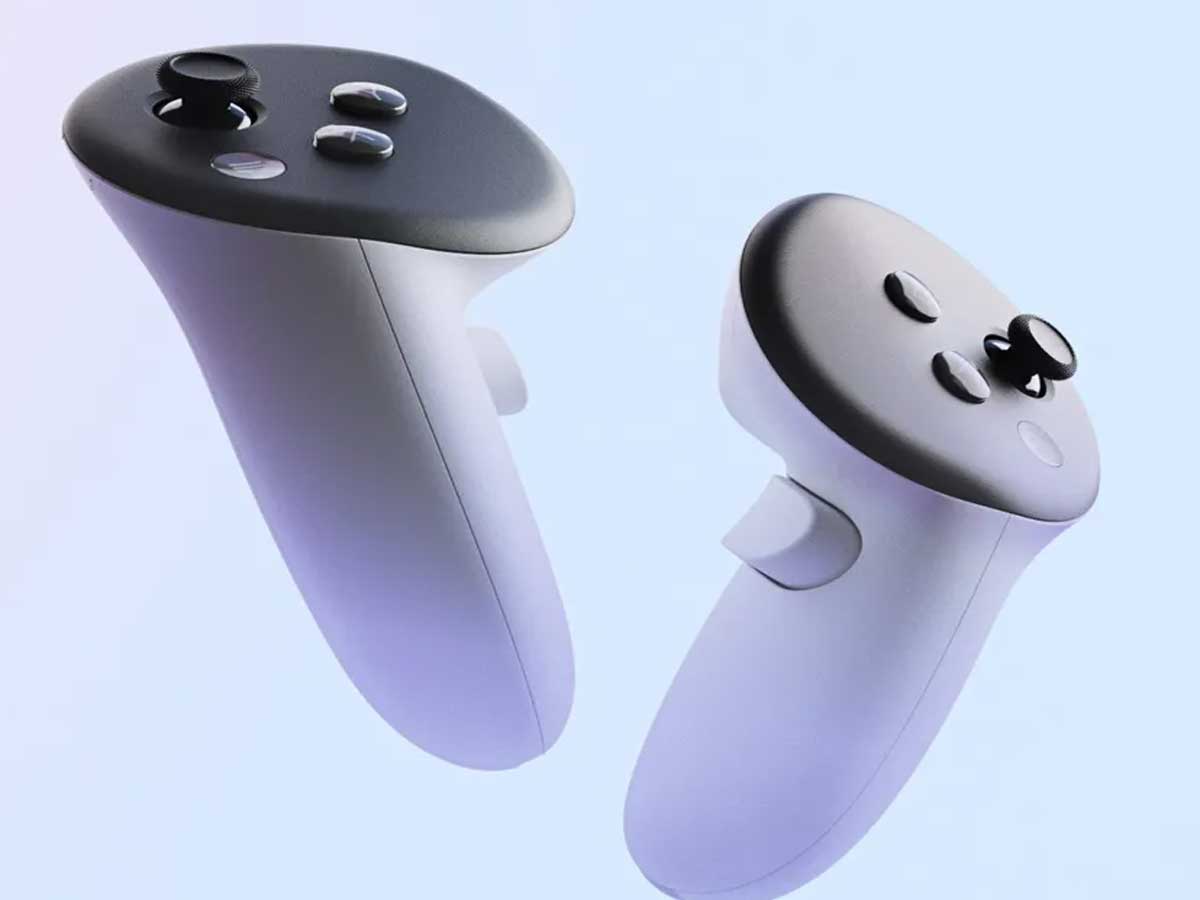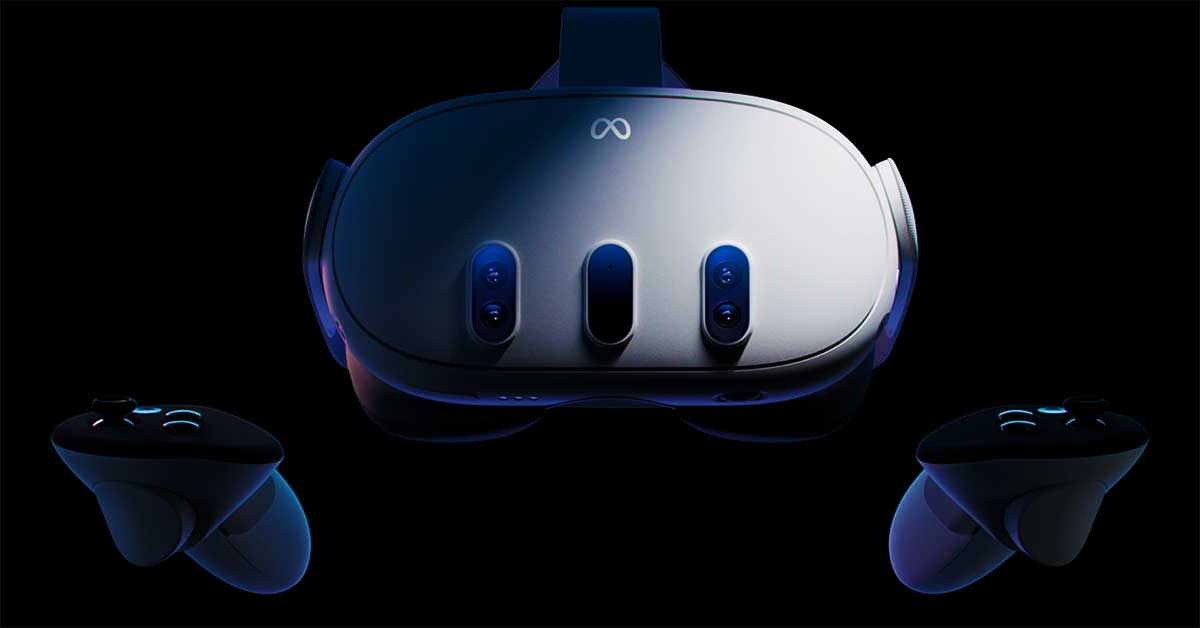Meta, formerly known as Facebook, has recently unveiled its highly anticipated Quest 3 VR headset. In a surprising move, the announcement was made through a post on Mark Zuckerberg's Instagram account, generating significant buzz among tech enthusiasts. The Quest 3 is set to hit the market this fall, boasting several improvements over its predecessor, the Quest 2. Let's delve into the exciting details of this new virtual reality device.
One of the standout features of the Quest 3 is its lighter and more comfortable design. Meta has prioritized user comfort, making significant strides in enhancing the ergonomics of the device. The Quest 3 offers a 40 percent slimmer optic profile, ensuring a more immersive experience for users. Additionally, the headset's foam facial interface adds to the overall comfort, making extended VR sessions a breeze.

To deliver a truly captivating virtual reality experience, the Quest 3 is equipped with a new Snapdragon chip. This cutting-edge hardware upgrade provides twice the graphics performance compared to its predecessor. Users can expect smoother visuals, more realistic environments, and an overall heightened sense of immersion in their favorite VR games and applications.
One of the most exciting aspects of the Quest 3 is its compatibility with Quest 2 games. Meta has ensured that users can seamlessly transition to the new device without sacrificing their existing library of games. This means that players can dive right back into their favorite virtual worlds and continue their immersive adventures without any disruptions.

In a move that caters to budget-conscious consumers, Meta has announced significant price drops for the Quest 2. The 128GB version of the Quest 2 will see a substantial $100 reduction in price, now retailing at $299.99. Similarly, the 256GB version will be available at $349.99, down from its previous price of $429.99. These price adjustments aim to make the Quest 2 more accessible to a wider audience, providing an excellent entry point into the world of virtual reality.
Meta is not only focusing on new hardware releases but is also committed to improving the performance of its existing devices. In an upcoming software update, both the Quest 2 and the high-end Quest Pro will receive notable enhancements. Users can expect an increase in CPU and GPU performance, resulting in smoother gameplay and improved graphics rendering. Additionally, the update will introduce Dynamic Resolution Scaling, further optimizing visual fidelity based on system capabilities.

For those eager to stay up to date with the latest information on the Quest 3, Meta offers a sign-up option. By registering, users will receive exclusive updates, release dates, and other relevant details directly from Meta. Take advantage of this opportunity to be among the first to experience the cutting-edge features of the Quest 3 VR headset.
While the Quest 3 steals the spotlight, for now, exciting developments are on the horizon. Apple is expected to announce its mixed-reality headset in the near future, intensifying the competition in the VR market. Meanwhile, Meta is gearing up for a VR showcase event featuring games on its virtual reality platform. The showcase promises to be a thrilling experience for VR enthusiasts, with Meta set to reveal an eagerly anticipated AAA adventure title.
One notable feature of the Quest 3 is the inclusion of the new Touch Plus controllers. These controllers offer TruTouch haptics, enabling users to feel tactile feedback during virtual experiences. Unlike their predecessors, the new controllers eliminate the rings used for positional tracking, providing a sleeker, more intuitive design. Additionally, Meta has confirmed that hand tracking will be supported out of the box, further enhancing the immersive nature of the Quest 3.
Sources: meta.com












